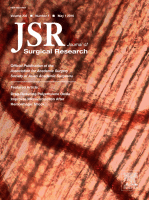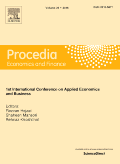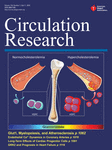When journals discover duplicated material, many choose to retract — but a cancer journal recently faced with the same dilemma involving a researcher with multiple retractions under his belt has instead decided to flag the paper with an expression of concern.
An editor told us that Cancers considered retracting the paper, by gynecologic cancer researcher Noriyuki Takai, but decided not to because the paper
contains some novel content that is of interest to the scientific community.
“Epigenetic Therapy in Human Choriocarcinoma,” published in 2010, has been cited once, according to Thomson Reuters Web of Science, and self-plagiarizes from other publications by Takai and his co-author, Hisashi Narahara. Both are researchers at Oita University in Japan.
Here’s the expression of concern:
Continue reading Journal flags duplicated text by gynecologic cancer researcher with 13 retractions









